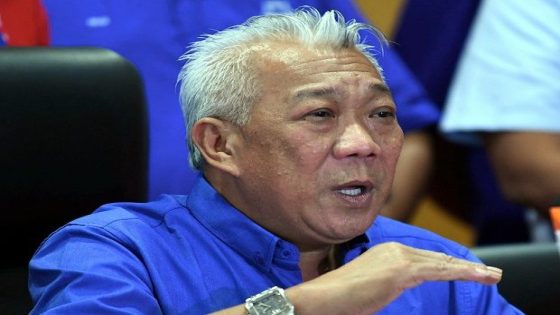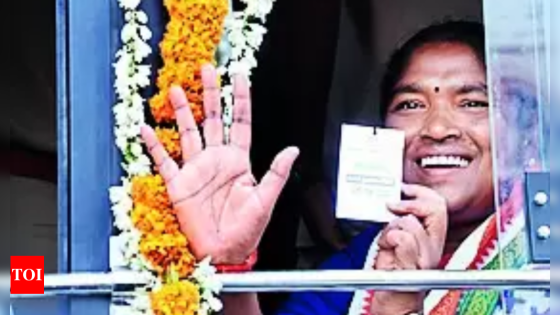KUALA LUMPUR: Come to Tongod and Kinabatangan to get a better idea of poverty in Sabah, Datuk Seri Bung Moktar Radin (BN-Kinabatangan) has told Economy Minister Rafizi Ramli.
He also questioned how poverty was defined in the peninsula and Sabah after Rafizi told the Dewan Rakyat on Wednesday (July 17) that 6,937 Sabah households were categorised as hardcore poor.
“Both these areas (Tongod and Kinabatangan) are close to the size of Pahang,” Bung Moktar responded.
“I think there may have been an error in how poverty is defined and I’m willing to bring you on a tour of these areas to give you a picture of how poor they are.
“There are no roads, electricity or water.
“To say Sabah only has 6,000 households categorised as hardcore poor is an insult,” he said during Question Time.
He also said measures to tackle poverty in rural areas as mentioned by Rafizi were impractical.
“If you don’t believe me, I’ll take you and your officers there for two or three days. What’s important is that you see what issues the people face,” Bung Moktar said in posing a supplementary question to Rafizi.
He had earlier asked about the steps taken to eradicate hardcore poverty in the state.
In another supplementary question, Datuk Seri Mohd Shafie Apdal (Warisan-Semporna) said the figure of hardcore poor households in Sabah did not reflect reality.
“We need to improve the standards used (to define hardcore poverty). In Tongod and Pitas, they are lucky to see a RM50 note once a month… this is based on my personal experience,” he said.
“We have never been able to eliminate poverty in the country as we don’t have the right figures of formula,” he added.
Rafizi earlier said households categorised as hardcore poor in Sabah made up 38% of such households nationwide.
Tongod had the highest number of hardcore poor households with 5.9%, followed by Beluran (5%), Pitas (4.8%), Kinabatangan (4.6%), Kota Marudu (4%), Tuaran (2.6%), Ranau (2.4%) and Lahad Datu (2.4%).
Rafizi added that RM468.7mil had been allocated for infrastructure projects in these districts.
“At the same time, there are specific programmes there. We also implemented the People’s Income Initiative which seeks to open modern plantations in Kota Marudu, Keningau and Kinabatangan,” he said.
Apart from infrastructure, Rafizi said, cash aid will continue to be given to hardcore poor households, alongside more People’s Income Initiative projects.
In response to Bung Moktar’s supplementary question, Rafizi said the measurement of hardcore poor categories was according to standards applied since Independence, adding that they have been adjusted over time.
“They also follow international standards and we are bound by this,” he added.
Rafizi also said official statistics on the hardcore poor are based on findings from the Household Income and Expenditure Survey conducted every two years.
Source Agencies


